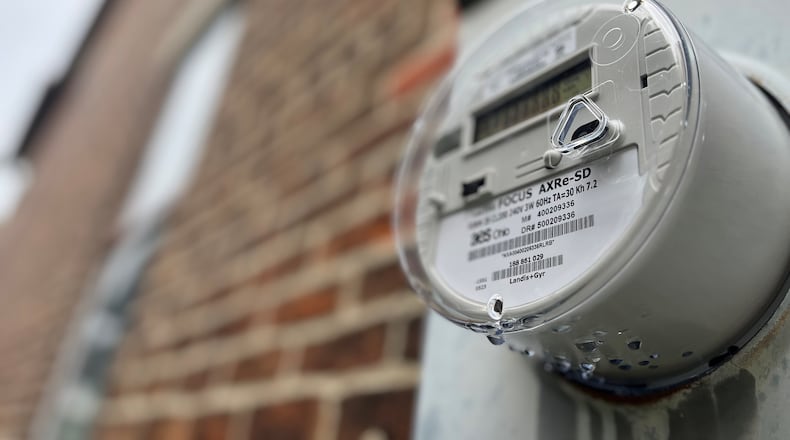Dayton electric utility AES Ohio recently asked the state Supreme Court to dismiss appeals in a case that, if ultimately successful, could provide the refunds.
AES Ohio filed last week with the Ohio Supreme Court, for the second time in five months, asking to end appeals from the Office of the Ohio Consumers’ Counsel (OCC), which seeks to represent consumers in matters involving utilities. The court in August rejected an earlier motion to dismiss from the utility.
The case stretches back to 2021, when the PUCO ordered AES Ohio to include language in a tariff making a rate stabilization charge “refundable ‘to the extent permitted by law.’”
AES Ohio objected that such refund language had not been a “provision, term or condition” of AES Ohio’s earlier electric security plan or operating plan.
“The RSC (rate stabilization charge) cannot and should not be made refundable because the RSC was not refundable under AES Ohio’s most recent standard service offer, which the commission (the PUCO) was required by law to continue,” the Dayton-area utility said in an appeal last year.
The OCC disagreed, filing its own brief in the case, arguing that “since Dec. 19, 2019, Dayton-area consumers have been paying ... unreasonable rates to (AES Ohio) for electric service that include charges for so-called stability, which this court has consistently struck down.”
“AES’s latest move to avoid giving refunds to its 500,000 consumers should meet with sound defeat,” said Maureen Willis, OCC agency director. “To protect consumers, the court should proceed to oral argument on OCC’s refund appeals and allow justice to run its course.”
Matt Schilling, a spokesman for the PUCO, said only the Supreme Court can decide if the stability charges should be refundable.
The PUCO did order AES Ohio to include the refund language in its tariff. And AES Ohio abided by that order, Schilling said. He noted that the utility is appealing the PUCO’s order to the court.
“The PUCO has approved these matters, and they are correct and lawful,” a spokeswoman for AES Ohio said. “The company recently asked the court to dismiss OCC’s appeals as improper under Ohio law.”
All told, OCC staff believes about $150 million in possible refunds are at stake in the case.
But for those refunds to happen, myriad legal pieces would have to fall in place.
The court would have to reject AES’s motion to dismiss. Oral arguments, which haven’t been scheduled, would need to happen. The court would have to find that the stability charges were unlawful or unreasonable. And the court would have to find that tariff language ordered by the PUCO is sufficient to allow refunds.
However, there is precedent for finding the stability charges are unlawful, OCC staff argues. The court has found such charges unlawful in two previous cases.
In its most recent motion to dismiss, AES argues that the OCC’s appeals are not timely.
“The notice of appeal and notice of cross-appeal by the Office of the Ohio Consumers’ Counsel in these proceedings were not timely filed under the plain terms” of Ohio law, the Dayton utility said in a filing.
About the Author

